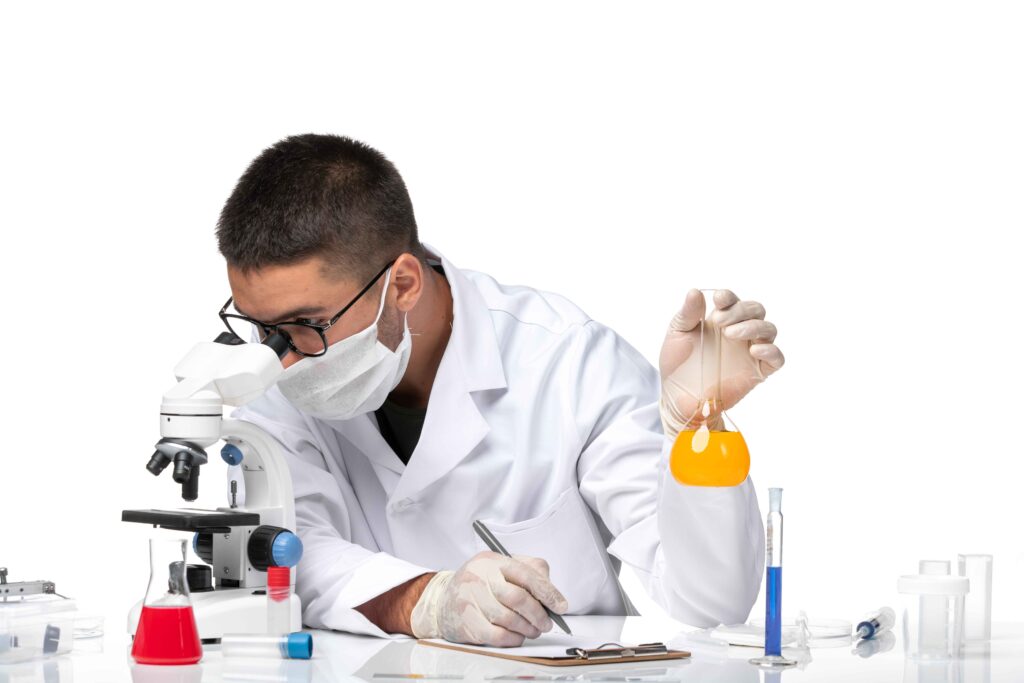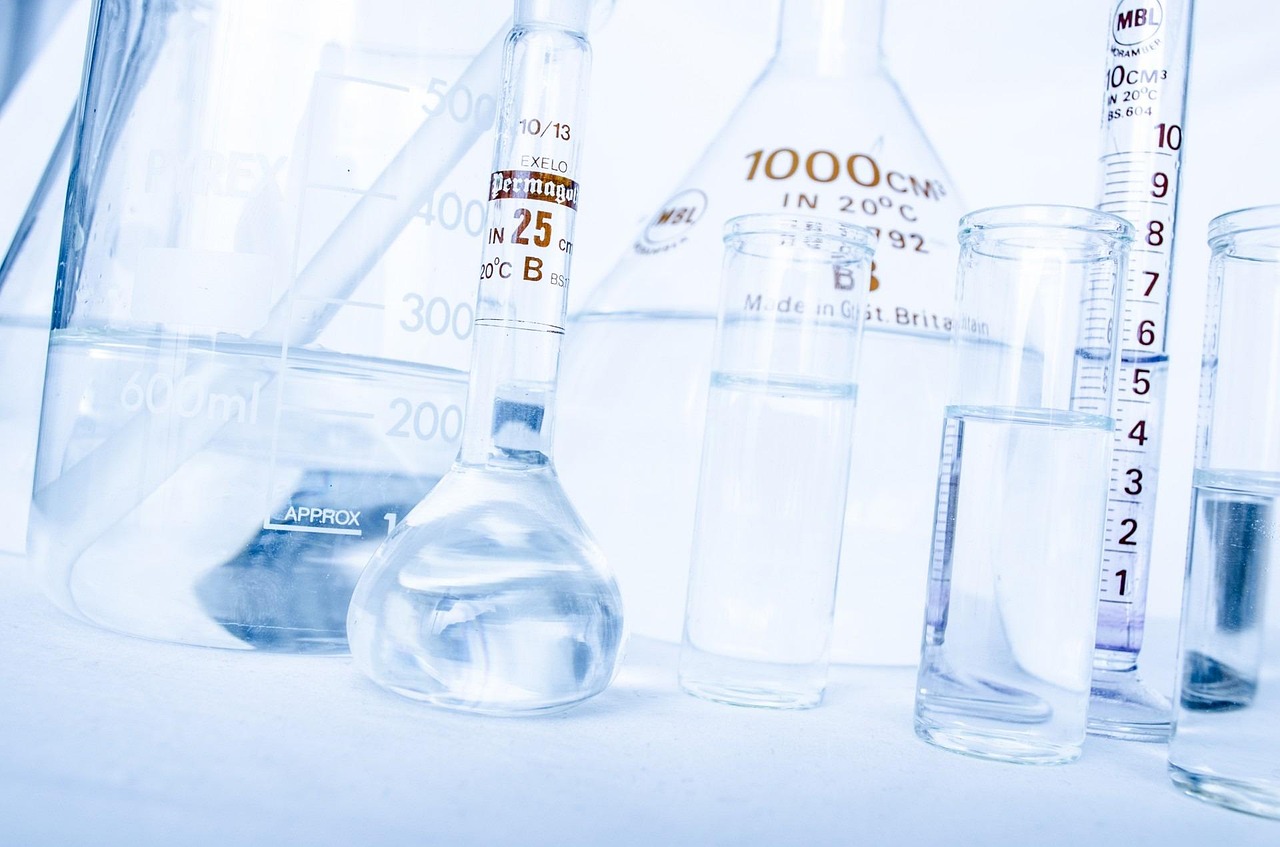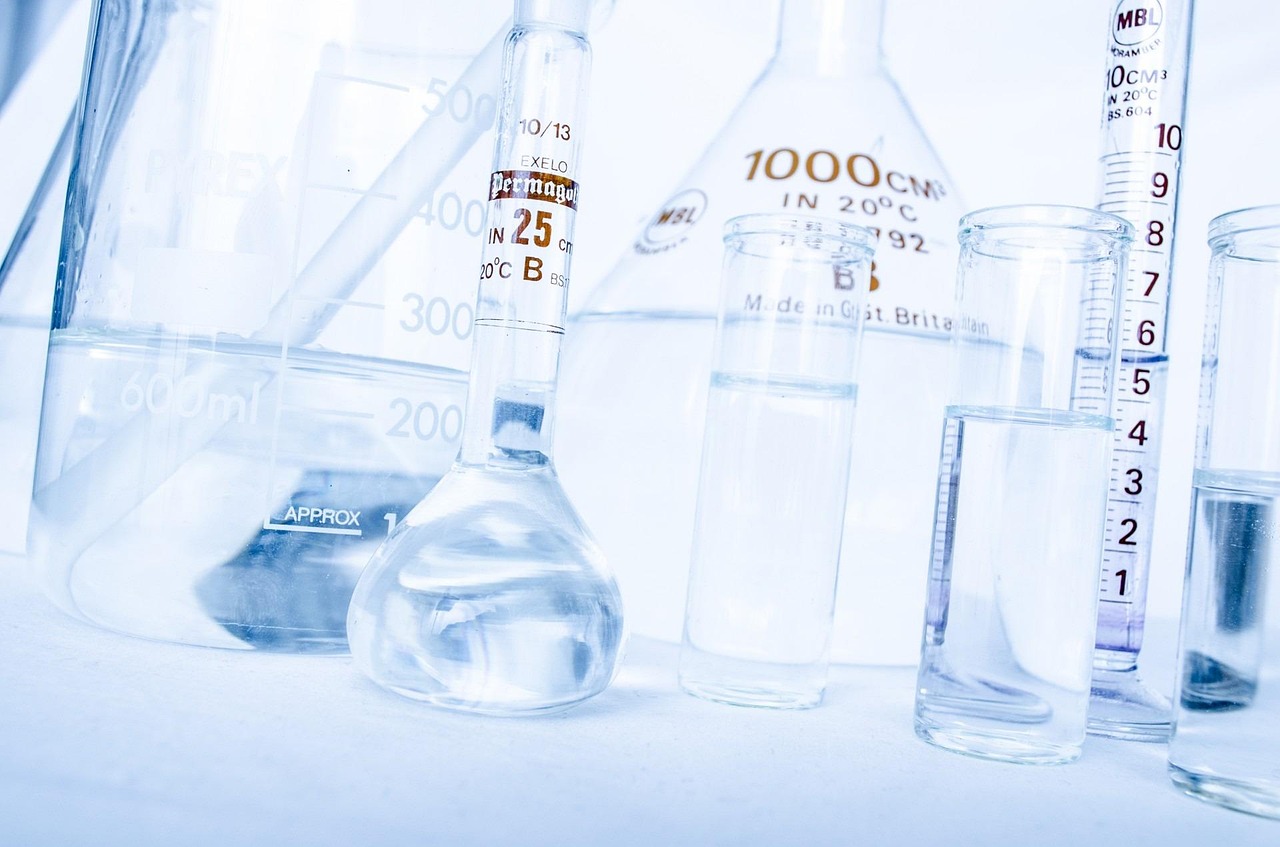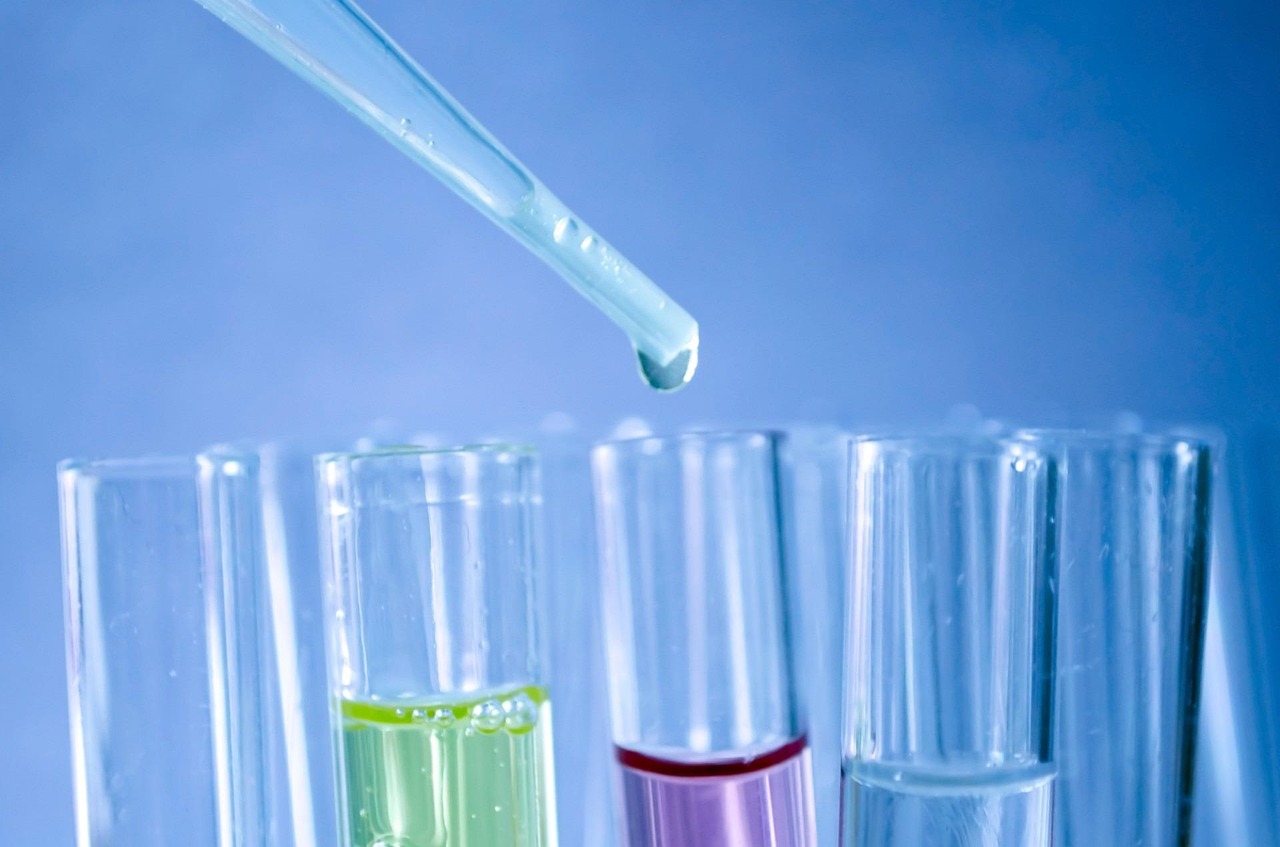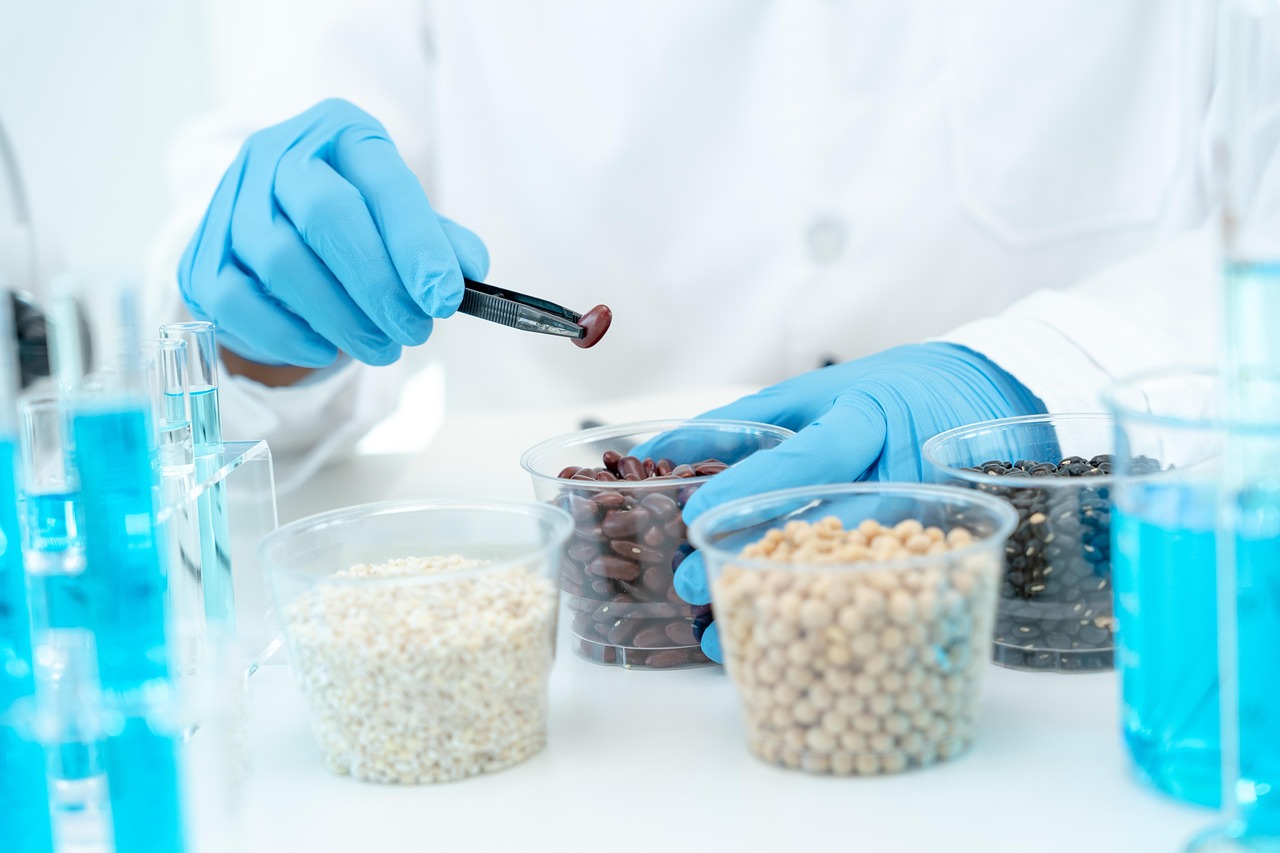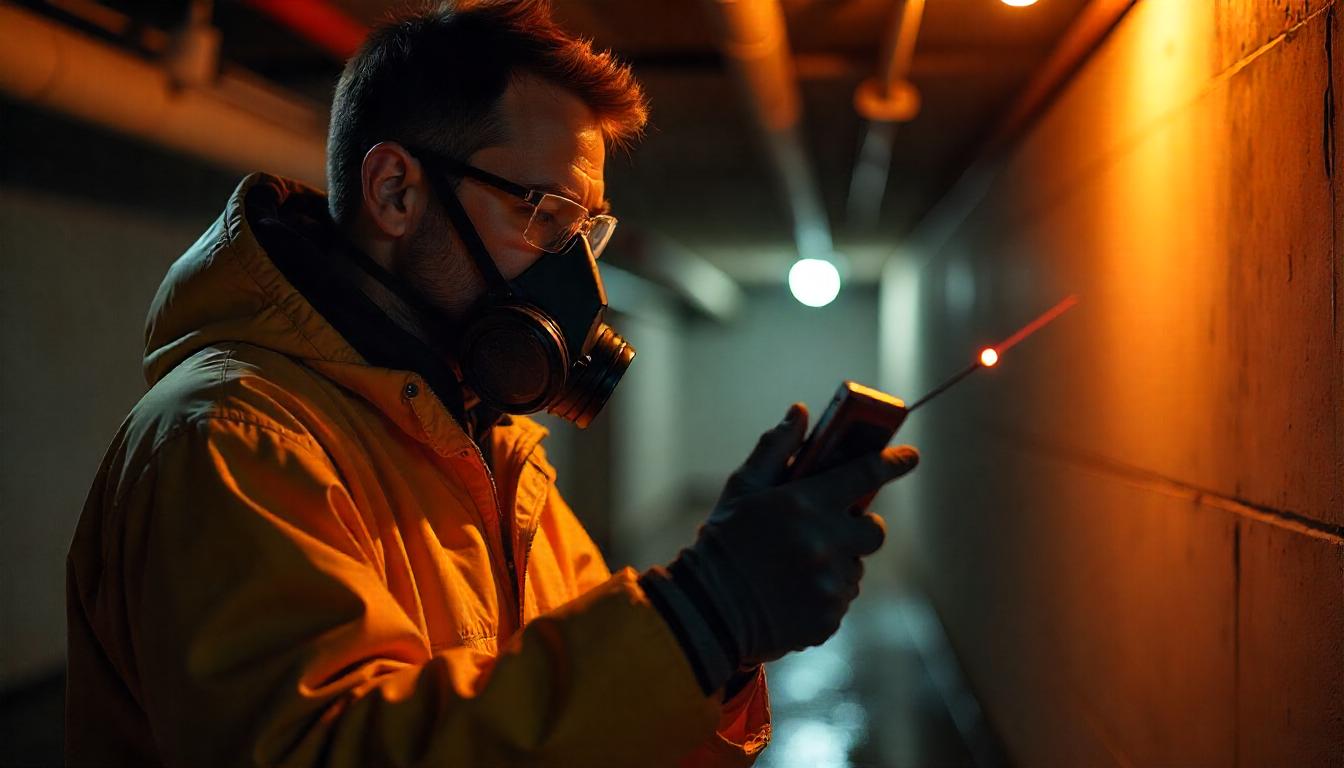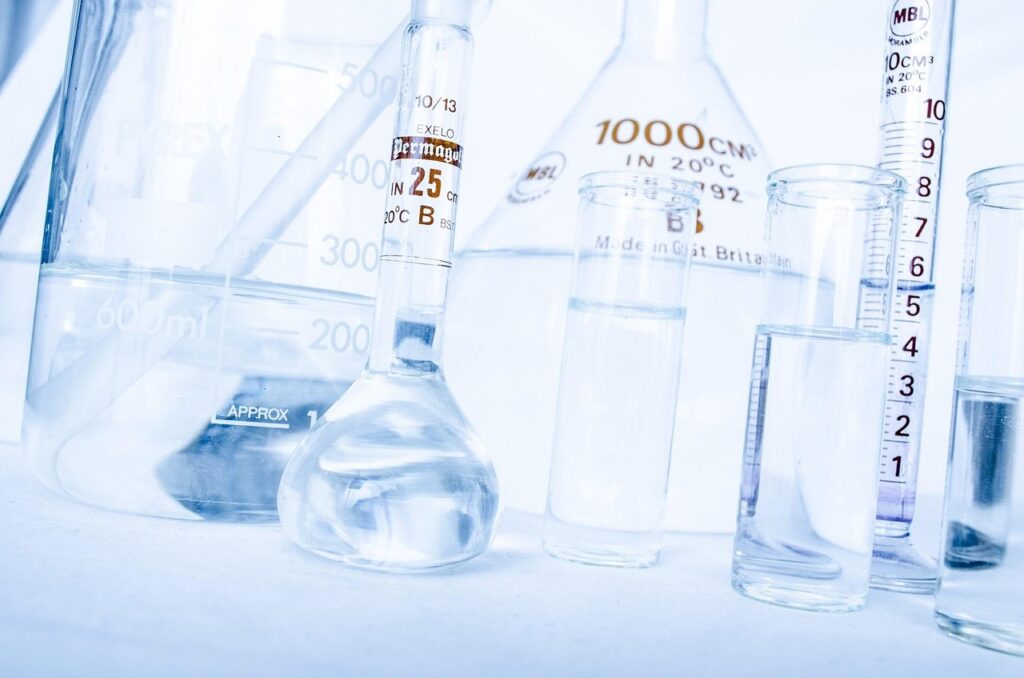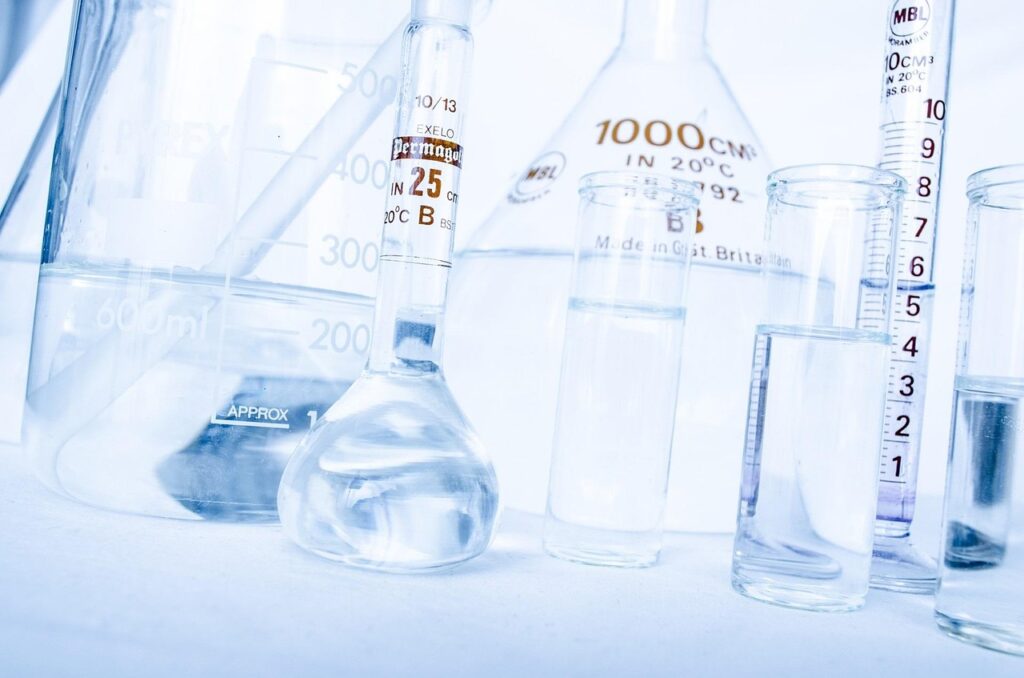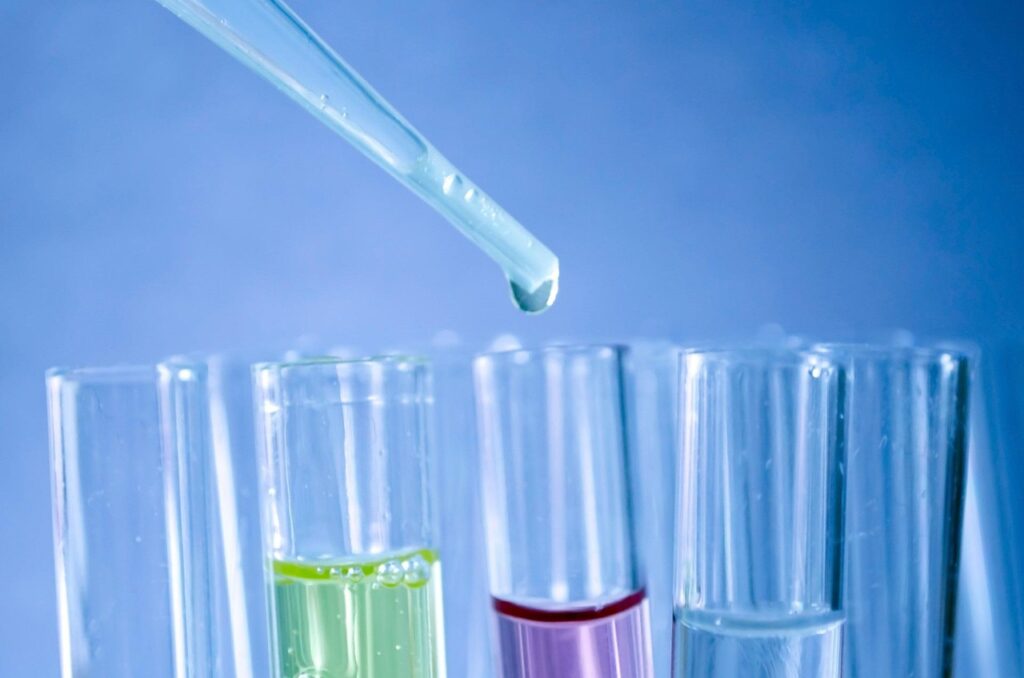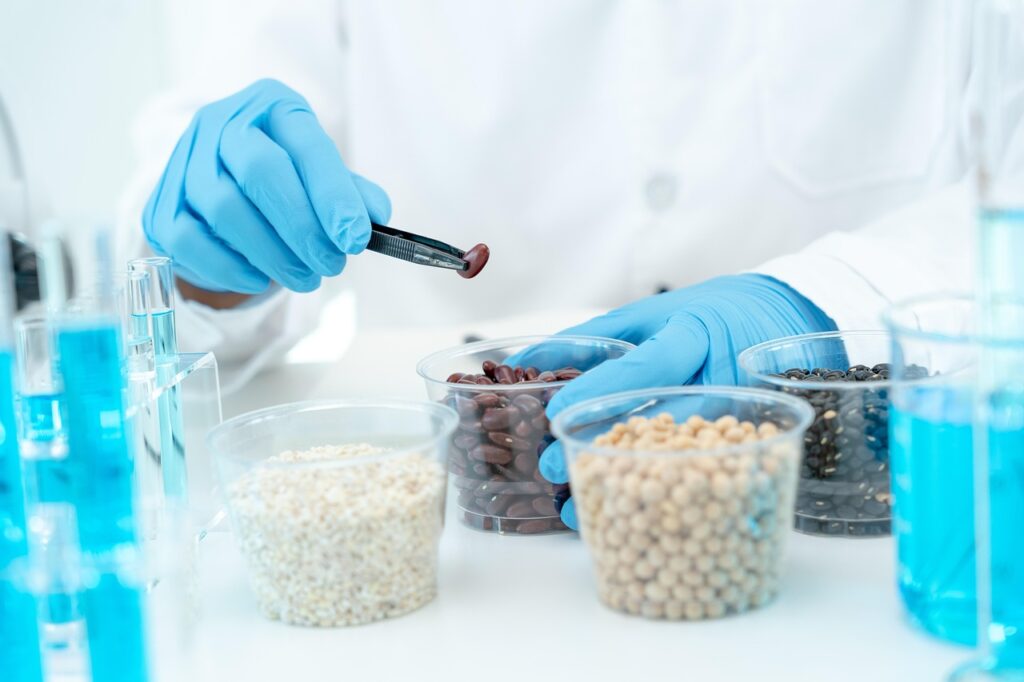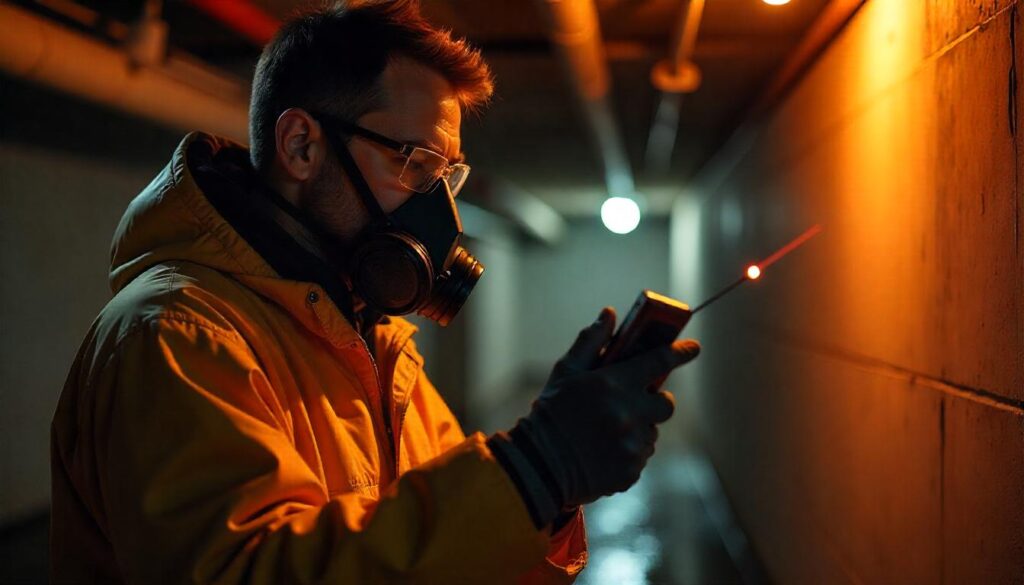Regardless of age or region, everyone is impacted by the serious issue of food safety. It touches on basic public health concerns and transcends individual preferences and choices. Every meal, whether it is made at home, eaten out, or bought from a store, has potential hazards if food safety regulations are not followed. Foodborne infections, which disproportionately afflict vulnerable groups like children, the elderly, and people with compromised immune systems, can result from contaminated or incorrectly handled food.
Ensuring food safety has become a challenging task due to the growing complexity of global food supply chains. Several processes, including as farming, processing, packing, transportation, and retail, are frequently included in contemporary supply chains. Because there are chances for contamination or improper handling at every stage, strict control is essential. In order to detect, reduce, and avoid hazards at every level of the food manufacturing and distribution process, food safety inspection services are essential.
What Are Food Safety Inspections?
Food safety inspections are methodical procedures carried out by qualified experts to assess the quality and safety of food items. These examinations guarantee that the production, handling, distribution, and storage of food adhere to accepted health and safety regulations. These inspections are conducted worldwide by organizations including the European Food Safety Authority (EFSA), the U.S. Food and Drug Administration (FDA), and the Food Safety and Standards Authority of India (FSSAI). They evaluate facilities for adherence to labeling and packaging regulations, cleanliness, appropriate food handling, and temperature control.
Why Are Food Safety Inspections Important?
The significance of food safety inspections cannot be overstated. Here are some of the primary reasons why they are crucial:
1. Preventing Foodborne Illnesses
Every year, millions of individuals worldwide suffer from foodborne infections. Food poisoning, diarrhea, and even potentially fatal illnesses like salmonella or E. coli infections can result from eating contaminated food. Frequent inspections for food safety aid in spotting any hazards and reducing them before they endanger customers.
2. Ensuring Compliance with Regulations
Businesses are guaranteed to adhere to national and international food safety regulations through food safety inspections. In addition to safeguarding consumers, compliance improves the standing of food companies and increases consumer trust in them.
3. Promoting Consumer Confidence
Brands that put safety and cleanliness first are more likely to be trusted by consumers. The public is given additional peace of mind by food safety inspections, which aid in their decision-making regarding the foods they eat.
4. Minimizing Economic Losses
Businesses may suffer severe financial losses as a result of food recalls brought on by contamination or non-compliance. By preventing such occurrences, inspections assist companies to avoid large financial losses and possible legal action.
5. Supporting Global Trade
Food products frequently travel across international borders in the linked world of today. Food imports must adhere to strict safety regulations. Inspections for food safety make sure that goods fulfill these standards, which promotes easy international trade.
The Process of Food Safety Inspections
Food safety inspections typically follow a structured process, which includes:
1. Pre-Inspection Preparation
The facility’s history, prior inspection records, and any customer complaints or concerns are all examined by inspectors. Businesses are expected to keep accurate records, such as inventory information, employee training logs, and sanitation logs.
2. On-Site Inspection During the on-site visit, inspectors evaluate the following:
-
- Cleanliness of the facility
- Proper storage of raw and cooked foods
- Temperature controls for perishable items
- Pest control measures
- Personal hygiene practices of employees
3. Sampling and Testing Inspectors may collect food samples to test for microbial contamination, chemical residues, or other potential hazards. These tests provide scientific evidence to support inspection findings.
4. Reporting and Recommendations After the inspection, a detailed report is provided to the business. The report outlines any violations, necessary corrective actions, and a timeline for compliance. Severe violations may result in penalties or even temporary closure of the facility.

Challenges in Food Safety Inspections
While food safety inspections play a vital role in protecting public health, they come with their own set of challenges:
- Limited Resources Many regulatory bodies face resource constraints, such as insufficient staff or funding, which can impact the frequency and thoroughness of inspections.
- Evolving Food Supply Chains The global nature of food supply chains makes it difficult to trace the source of contamination and ensure uniform safety standards.
- Resistance from Businesses Some businesses view inspections as a burden rather than a necessity, leading to non-cooperation or attempts to circumvent regulations.
- Emerging Risks New Food safety inspections are methodical procedures carried out by qualified experts to assess the quality and safety of food items challenges, such as antibiotic resistance and the presence of microplastics, require constant updates to inspection protocols and testing methods.
Innovations in Food Safety Inspections
Advancements in technology are revolutionizing the way it is are conducted. Some of the notable innovations include:
- Digital Record-Keeping Electronic systems streamline the documentation process, making it easier to track compliance and identify patterns in food safety violations.
- AI and Machine Learning Artificial intelligence can analyze large datasets to predict potential risks and improve the efficiency of inspections.
- Real-time monitoring IoT-enabled devices allow for continuous monitoring of critical parameters like temperature and humidity, reducing the reliance on periodic inspections.
- Portable Testing Kits On-the-spot testing kits enable inspectors to quickly identify contaminants without waiting for lab results.
The Role of Consumers in Food Safety
Consumers also play a pivotal role in food safety. By staying informed and vigilant, they can:
- Check for safety certifications on food packaging.
- Report any suspected food safety violations to authorities.
- Follow proper food handling and storage practices at home.
Conclusion
Food safety inspections are a cornerstone of public health, ensuring that the food we consume is safe, nutritious, and free from contamination. They protect consumers from foodborne illnesses, enhance trust in the food industry, and support economic growth through compliance with safety standards. As global food systems continue to evolve, the importance of robust and innovative food safety inspections will only increase.
By prioritizing food safety inspections, we can build a safer and healthier future for everyone. Businesses, regulators, and consumers must work together to uphold the highest standards of food safety, ensuring that every bite we take is a step toward better health.

